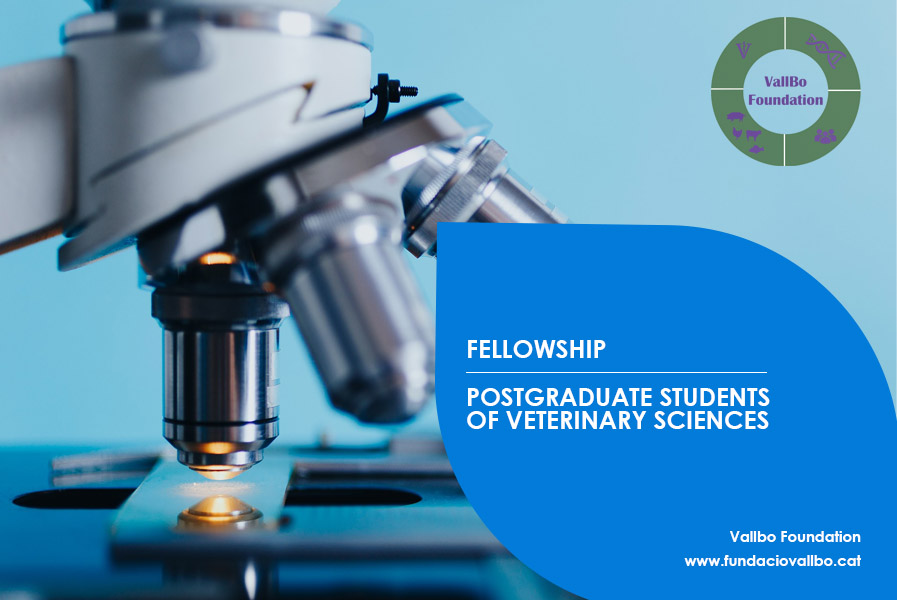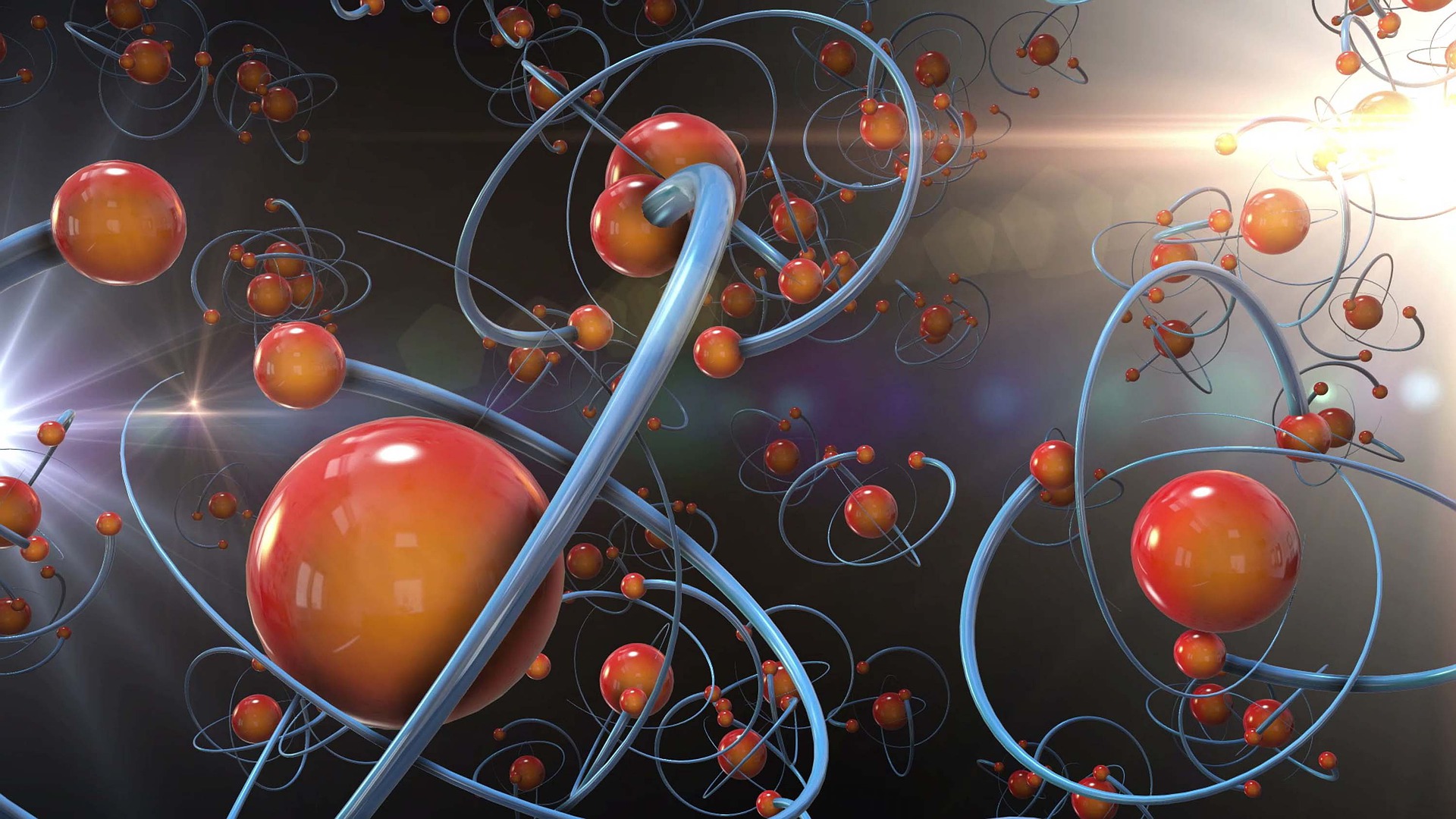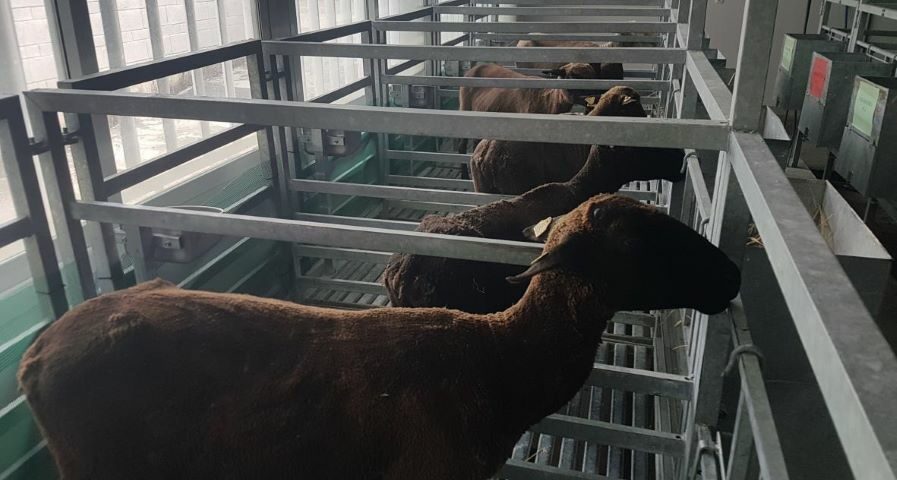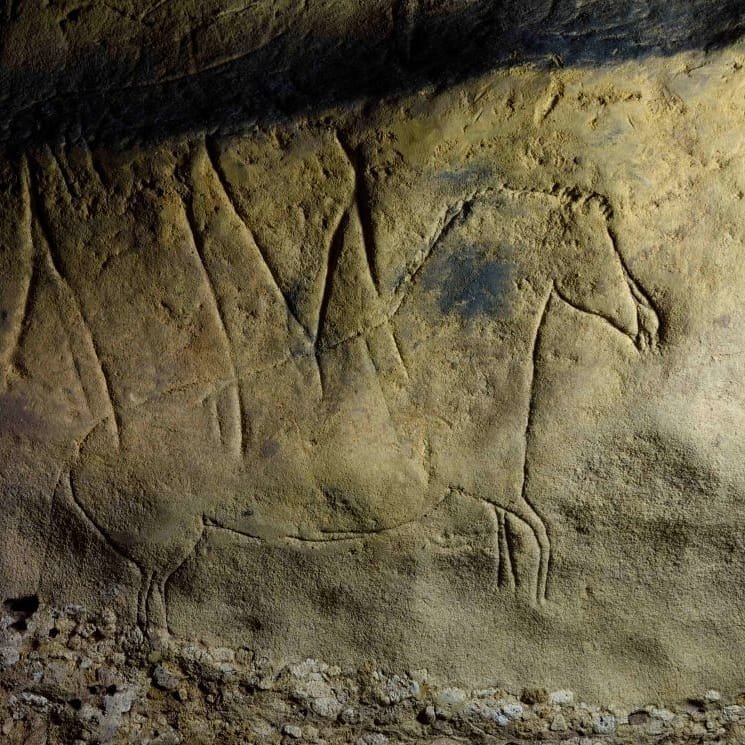
Microbiological isolation of the main bacteria causing liver diseases in poultry production · Closed
27 de April de 2021
Genesis, selection and evolution
31 de August de 2021The Vallbo Foundation initiates a study on the ruminal microbiota in ruminants at the University of Córdoba
In June 2021, the Vallbo Foundation began a project at the University of Córdoba for the Department of Animal Production to carry out a study related to the ruminal microbiota in sheep.
This is an experimental study with sheep, in which two different types of diets will be administered, and the possible effect of a natural compound on the composition of the ruminal microbiota will be evaluated. At the same time, the study will also determine if the addition of the compound in the sheep’s diet affects the production of methane gas.
The effect of natural preservatives on the flora and ruminal fermentation
The ruminal flora is modified according to the components of the diet and these changes can affect the productive performance of the animal.
The preservation of concentrated feed intended for ruminants often requires the use of preservatives that prevent spoilage caused by microorganisms. The use of these products should be studied in ruminants, since it could modify the flora and fermentation processes of the rumen.
In this sense, over the years, the preservative capacity of certain molecules with microbicidal activity, contained in some plant extracts, has been evidenced. The extracts to be tested in this trial meet these characteristics and are used in the animal industry in order to preserve food.
This trial aims to evaluate whether the addition of these extracts will have an effect on the composition of the flora and ruminal fermentation, once the substrate is ingested by the animal.
Effect of natural preservatives on the emission of methane gas
Methane is a colorless, flammable, and non-toxic gas. It is considered a relatively potent greenhouse effect gas that contributes to global warming of the planet as it has a warming potential greater than carbon dioxide (about 25 times higher). In addition, there are studies that show that this gas causes a decrease in the productivity and economic efficiency of farms, with losses of up to 12% of the gross energy ingested by ruminants.
The origin of methane in farms comes mainly from the fermentation process of food (enteric methane), most of it (94%) being produced by ruminants. For this reason, it is essential to develop products that act at this stage to reduce methane gas emission levels.
In such way that, the trial, in addition to evaluating the effect of the extract on the ruminal microbiota, will check whether the use of said compound has an effect on methane gas emissions generated by sheep. In this way, it will be evaluated whether methane gas emission levels could be reduced without damaging the quantity and quality of its products, thus guaranteeing sustainable and efficient livestock production.
The present project is intended to be tackled by a multidisciplinary team belonging to different research groups and departments of the University of Córdoba, with the funding and support of the Vallbo Foundation. The main objective of the Foundation focuses on promoting research in the field of animal production that improves productive performance, respects animal welfare and the environment and guarantees food safety.


